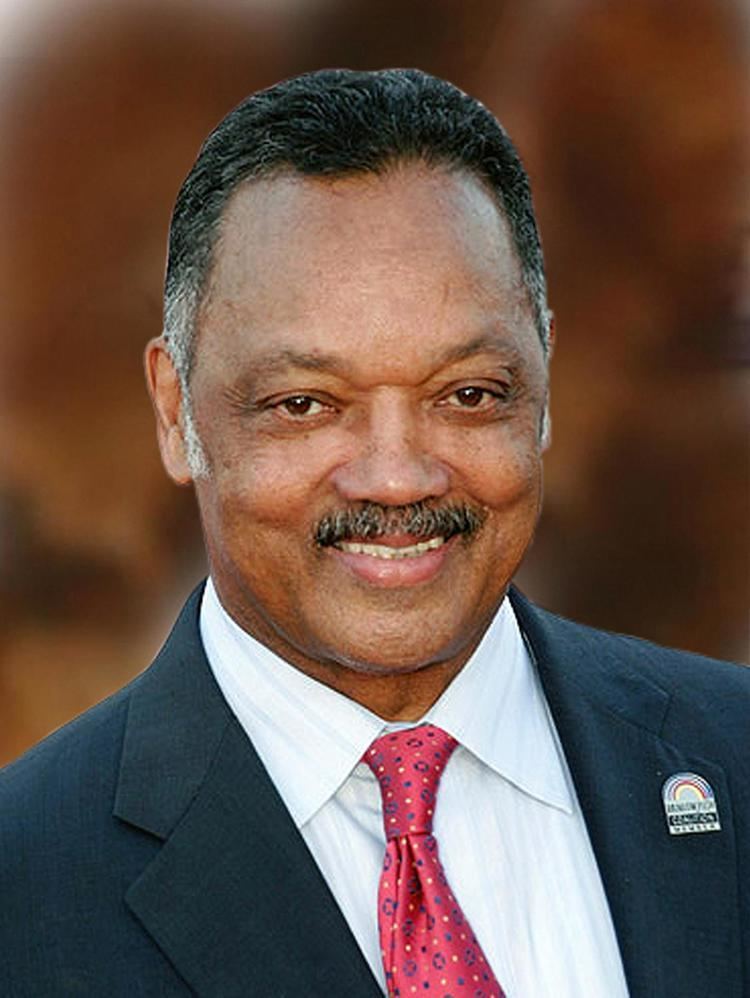NAN Celebrates Living Black History, Honoring Reverend Jesse L. Jackson
Every day during Black History Month, we will honor chapter leaders, advocates, and partners who are shaping Black History now.
(February 5th, 2021) — Today, we honor Reverend Jesse L. Jackson, Sr.
Reverend Jackson has been called the “Conscience of the Nation” and “the Great Unifier,” challenging America to be inclusive and to establish just and humane priorities for the benefit of all. He is known for bringing people together on common ground across lines of race, culture, class, gender, and belief.
Reverend Jesse Louis Jackson, Sr. was born Jesse Louis Burns on October 8, 1941 in Greenville, South Carolina to Helen Jackson and Noah Robinson. His mother later remarried Charles Henry Jackson, who formally adopted Jackson and his brother Charles.
At North Carolina A&T, Jackson continued to excel in sports. He was an honor student and president of his student body. On December 31, 1962, Jackson married college classmate, Jacqueline Lavinia Brown, in Greenville. Returning to North Carolina A&T, he became involved in the Civil Rights Movement joining the Greensboro chapter of the Council on Racial Equality (CORE). In 1963, Jackson helped to organize several sit-ins, desegregating local restaurants and theaters in Greensboro. Jackson was chosen as field director of CORE’s southeastern operations, and president of the North Carolina Intercollegiate Council on Human Rights. In 1964, he also served as a delegate at the Young Democrats National Convention. In the same year, Jackson graduated from North Carolina A&T with a B.S. degree in sociology. He then received a Rockefeller grant to begin his postgraduate studies at the Chicago Theological Seminary in Chicago, Illinois.
In 1965, Jackson left the seminary to join Dr. Martin Luther King, Jr., and the Southern Christian Leadership Conference (SCLC) to march in Selma, Alabama. At this time, Jackson became an ordained minister, although he had not returned to the seminary. In 1966, Dr. King appointed Jackson to SCLC’s Chicago economic program, Operation Breadbasket. The goal of Operation Breadbasket was to foster the economy of African American business owners and provide employment growth for African American workers. On December 25, 1971, Operation Breadbasket was renamed Operation PUSH – People United to Serve Humanity.
Over the next decade, Jackson continued his involvement with local, national, and international politics. In 1983, Jackson negotiated the release of war prisoner, U.S. pilot Robert Goodman, in Syria. In 1984 and 1988, Jackson ran for President of the United States. As a Democratic candidate, he garnered massive support and exceeded expectations for the number of delegates received. Jackson’s electoral run also helped to register two million new voters.
Jackson moved to Washington, D.C. in 1989. At that time, the Washington City Council created two positions of shadow senator to lobby for the statehood of Washington, D.C. in the U.S. Congress. Jackson won one of the Senate seats, his first elected position.
In 1991, Jackson gained international acclaim again when he negotiated for the release of hundreds of foreign nationals in Kuwait under the regime of Saddam Hussein. In that same year, his likeness was put on a United States Post Office pictorial postal cancellation. Jackson is the second living person to ever receive such an honor. President Bill Clinton then appointed Jackson in 1997 as a special envoy for democracy in Kenya, later awarding him the Presidential Medal of Freedom in March 2000. Jackson hosted the CNN television program Both Sides With Jesse Jackson from 1992 to 2000. He has written numerous columns and authored/co-authored several books including Keep Hope Alive (1989) and It’s About The Money (1999).
Rev. Jackson was awarded the Presidential Medal of Freedom by former President Bill Clinton in 2000.
